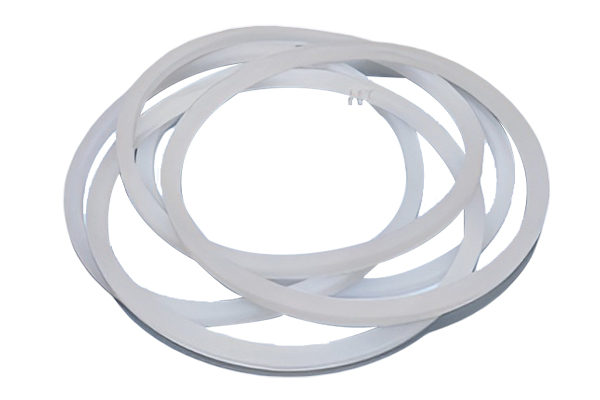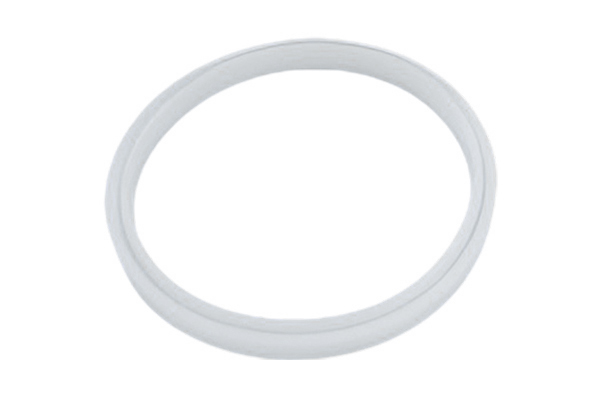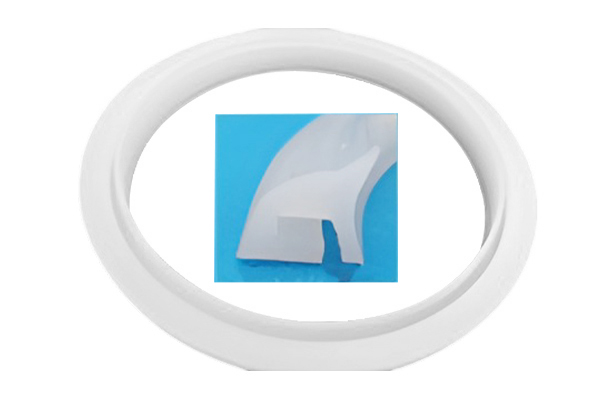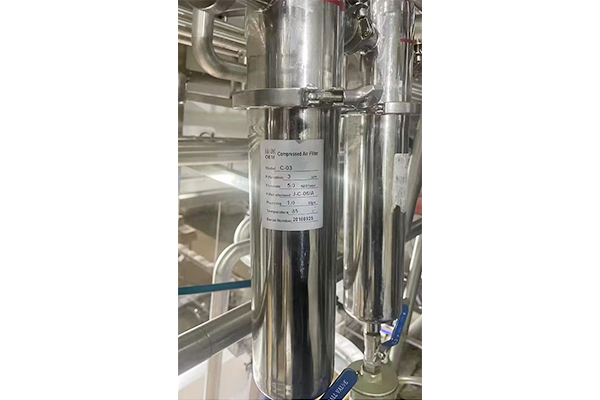What is the impact of the filter material in the air filter on the filtering effect?
Release Time : 2025-03-13
As an indispensable device in modern home and office environments, the filter material of the air filter plays a vital role in the filtering effect. There are significant differences in filtering efficiency, service life, maintenance cost and applicable scenarios between filters of different materials. This article will explore in depth the impact of the filter material in the air filter on the filtering effect.
1. Types of filter materials
Common filter materials in air filters include non-woven fabrics, glass fibers, synthetic fibers, activated carbon and HEPA (high-efficiency particulate air filter) materials. Each material has its own unique characteristics and application scenarios.
Non-woven filter: The non-woven filter is made of polyester fiber, which is light, breathable and low-cost. It is mainly used for primary filtration and can effectively intercept large particles in the air, such as hair and dandruff.
Glass fiber filter: Glass fiber filter is widely used in the field of high-efficiency filtration due to its high temperature resistance, corrosion resistance and high filtration efficiency. It is suitable for places with high air quality requirements, such as hospitals and laboratories.
Synthetic fiber filter: Synthetic fiber filter is an emerging filter material with the advantages of low resistance, light weight, large capacity and environmental protection. It can fully replace non-woven fabrics and glass fiber to cover the whole series of coarse, medium and high efficiency filter products.
Activated carbon filter: Activated carbon filter can effectively remove odor and harmful gases in the air, such as formaldehyde and benzene, with its strong adsorption capacity. It is usually used in combination with other filters to improve the air purification effect.
HEPA filter: HEPA filter is an internationally recognized high-efficiency filter material with a filtration efficiency of more than 99.97% for particles with a diameter of more than 0.3 microns. It is widely used in air purifiers, fresh air systems and other equipment to provide users with clean and healthy indoor air.
2. The influence of filter material on filtration effect
Filtration efficiency: There are significant differences in filtration efficiency of filters of different materials. For example, the filtration efficiency of HEPA filter is much higher than that of non-woven filter. Therefore, when choosing an air filter, the appropriate filter material should be selected according to actual needs.
Service life: The service life of the filter is closely related to its material. Glass fiber filters and HEPA filters have relatively long service life due to their high temperature resistance and corrosion resistance. Non-woven filters and synthetic fiber filters have relatively short service life due to their material characteristics.
Maintenance cost: The maintenance cost of the filter includes the cost of replacing the filter and the cost of cleaning the filter. Filters of different materials also have different maintenance costs. For example, some washable filters (such as some synthetic fiber filters) have relatively low maintenance costs, while HEPA filters need to be replaced regularly and have relatively high maintenance costs.
Applicable scenarios: Filters of different materials are suitable for different scenarios. For example, non-woven filters are suitable for primary filtration, while HEPA filters are suitable for places with high air quality requirements. When choosing an air filter, you should choose the appropriate filter material according to the actual use scenario.
In summary, the filter material in the air filter has an important influence on the filtering effect. When choosing an air filter, you should choose the appropriate filter material according to the actual needs and use scenarios. At the same time, you should also pay attention to the replacement cycle and maintenance cost of the filter to ensure the long-term stable operation and efficient filtering effect of the air filter.
1. Types of filter materials
Common filter materials in air filters include non-woven fabrics, glass fibers, synthetic fibers, activated carbon and HEPA (high-efficiency particulate air filter) materials. Each material has its own unique characteristics and application scenarios.
Non-woven filter: The non-woven filter is made of polyester fiber, which is light, breathable and low-cost. It is mainly used for primary filtration and can effectively intercept large particles in the air, such as hair and dandruff.
Glass fiber filter: Glass fiber filter is widely used in the field of high-efficiency filtration due to its high temperature resistance, corrosion resistance and high filtration efficiency. It is suitable for places with high air quality requirements, such as hospitals and laboratories.
Synthetic fiber filter: Synthetic fiber filter is an emerging filter material with the advantages of low resistance, light weight, large capacity and environmental protection. It can fully replace non-woven fabrics and glass fiber to cover the whole series of coarse, medium and high efficiency filter products.
Activated carbon filter: Activated carbon filter can effectively remove odor and harmful gases in the air, such as formaldehyde and benzene, with its strong adsorption capacity. It is usually used in combination with other filters to improve the air purification effect.
HEPA filter: HEPA filter is an internationally recognized high-efficiency filter material with a filtration efficiency of more than 99.97% for particles with a diameter of more than 0.3 microns. It is widely used in air purifiers, fresh air systems and other equipment to provide users with clean and healthy indoor air.
2. The influence of filter material on filtration effect
Filtration efficiency: There are significant differences in filtration efficiency of filters of different materials. For example, the filtration efficiency of HEPA filter is much higher than that of non-woven filter. Therefore, when choosing an air filter, the appropriate filter material should be selected according to actual needs.
Service life: The service life of the filter is closely related to its material. Glass fiber filters and HEPA filters have relatively long service life due to their high temperature resistance and corrosion resistance. Non-woven filters and synthetic fiber filters have relatively short service life due to their material characteristics.
Maintenance cost: The maintenance cost of the filter includes the cost of replacing the filter and the cost of cleaning the filter. Filters of different materials also have different maintenance costs. For example, some washable filters (such as some synthetic fiber filters) have relatively low maintenance costs, while HEPA filters need to be replaced regularly and have relatively high maintenance costs.
Applicable scenarios: Filters of different materials are suitable for different scenarios. For example, non-woven filters are suitable for primary filtration, while HEPA filters are suitable for places with high air quality requirements. When choosing an air filter, you should choose the appropriate filter material according to the actual use scenario.
In summary, the filter material in the air filter has an important influence on the filtering effect. When choosing an air filter, you should choose the appropriate filter material according to the actual needs and use scenarios. At the same time, you should also pay attention to the replacement cycle and maintenance cost of the filter to ensure the long-term stable operation and efficient filtering effect of the air filter.







